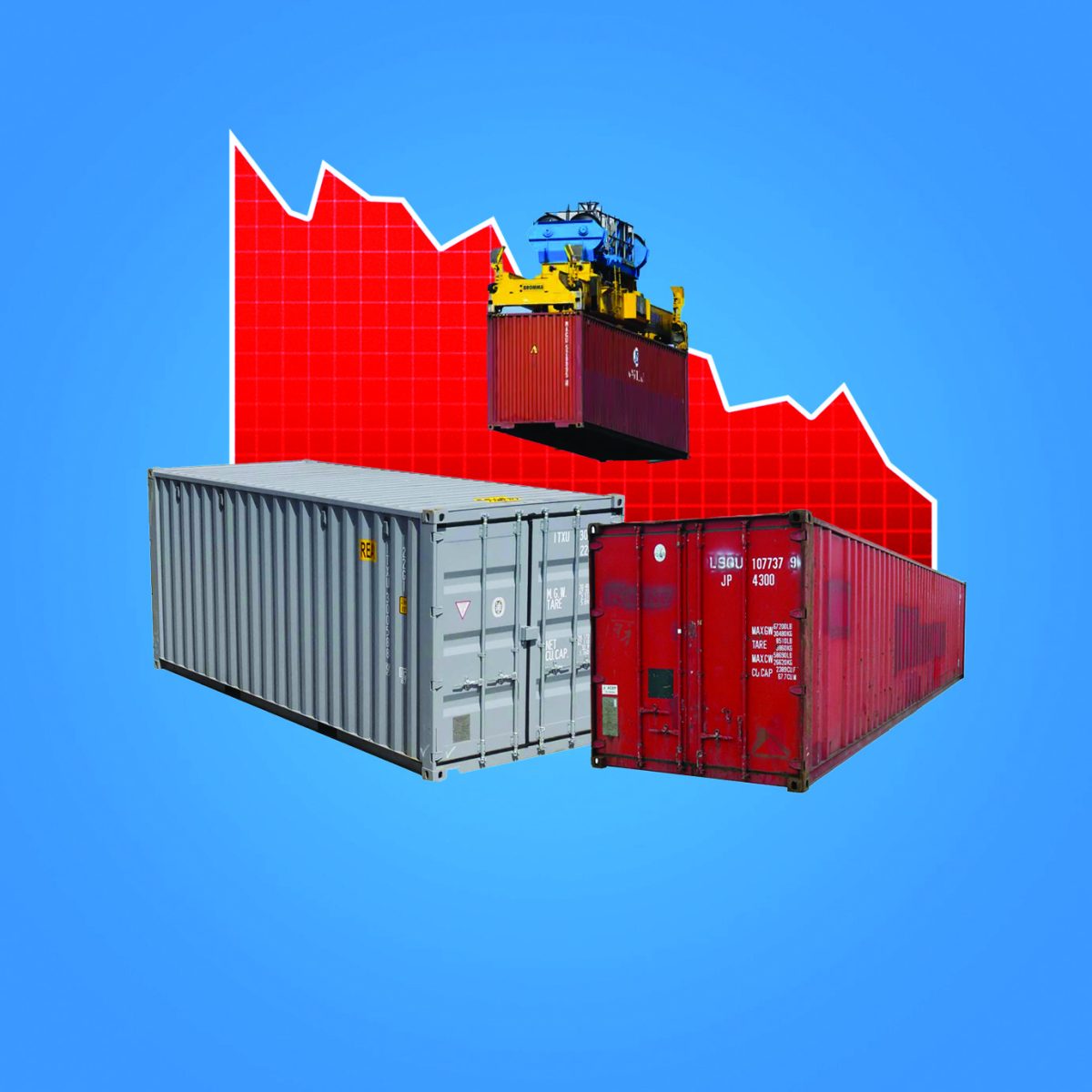The sudden imposition of tariffs on nearly half of the countries on the planet has thrown global trade into chaos, highlighted by a 145 percent rate on China that effectively chokes American trade with the country. With almost everyone on their toes about what could come next, it’s important to know the basics of what tariffs actually are and what they could do.
Contrary to President Trump’s messaging and what approximately 42 percent of Americans believe based on a YouGov poll, tariffs are not paid by foreign manufacturers or governments. Instead, they are paid by importers, usually American businesses, to the federal government. For this reason, tariffs tend to raise the prices that Americans have to pay as companies face higher costs to make the same goods or services.
Some consumers have responded to the new tariffs by rapidly buying up anything they may need in the near future — notably, Apple saw a surge in purchases for iPhones and other products, anticipating that their prices would rise after the tariffs on China were imposed. They aren’t entirely wrong for it either — analysts at Rosenblatt Securities estimated that a $1600 iPhone 16 Pro could cost as much as $2300 after tariffs.
For now, though, most companies are holding out and weathering the storm in hopes that tariffs will soon be rescinded or noticeably decreased. However, no guarantees exist as the Trump administration tries to sort out individual trade deals with the countries affected. After a certain point, a sudden price rise could be nearly inevitable if new agreements are not ironed out fast enough.
That’s not to say tariffs are without their benefit. Inherent in their introduction was the goal of protecting American manufacturing and reducing trade deficits. By raising import prices, businesses here are encouraged to work with each other as opposed to looking abroad. In the long run, it could protect American industry, though it would take time to rebuild after decades of decline. The immediate cost increases from tariffs would ultimately mean that many of these companies would have to deal with a myriad of issues until they can modify their supply chains, a process that could easily take years. However, this long-run revival of industry could also fizzle out if the cost of manufacturing remains too high, or if a future administration decides to reverse course on tariffs altogether.
Generally, tariffs will largely burden American consumers, with only an uncertain potential to assist producers. Economists see the issue as even less two-sided. In a Stanford survey, 93 percent of economists said that even targeted tariffs on imported goods wouldn’t make the country better off.
There’s also the impact on America’s international relations. Tariffs on countries across the globe have already begun to antagonize us as countries increasingly see the US as an unfriendly and unwelcome force. Even more concerning is that many tariffs were imposed on American allies such as the UK and Canada. The treatment of these countries as just like any other, or even as enemies, has thrown our relationships into chaos and made them reconsider whether America is a reliable ally — something that could be devastating as the US tries to maintain its leadership in an unstable world.
Tariffs are certainly one response to problems that the country has dealt with for years — its massive trade deficits and the decades-long gutting of its manufacturing. However, tariffs represent a relatively brute-force solution that fails to address the fundamental issues and raises prices for the everyday American. At the same time, it threatens American leadership and calls our alliances into question.
In their current form, the soon-to-be-enforced tariffs have a dangerous potential to reshape the world away from the US. For the sake of the country and the prices that they will have to pay, voters should oppose these policies in any way available to them. In particular, Congress has the final say on any tariffs and trade policy, and concerned citizens can advocate to their Congressmen and senators to break their silence and take a stance. Also, by being aware of the tariffs’ potential impacts, they can show how they will respond to these policies with their own dollars. Those iPhone hoarders didn’t just potentially save a buck for themselves — they showed the government, and the people, what tariffs really mean.
Global tariffs will raise prices, damage America’s reputation
May 16, 2025
Categories:
Tariffs have greatly impacted the shipping and logistics industry
More to Discover
About the Contributor
William Kozoman, Editorial Editor











